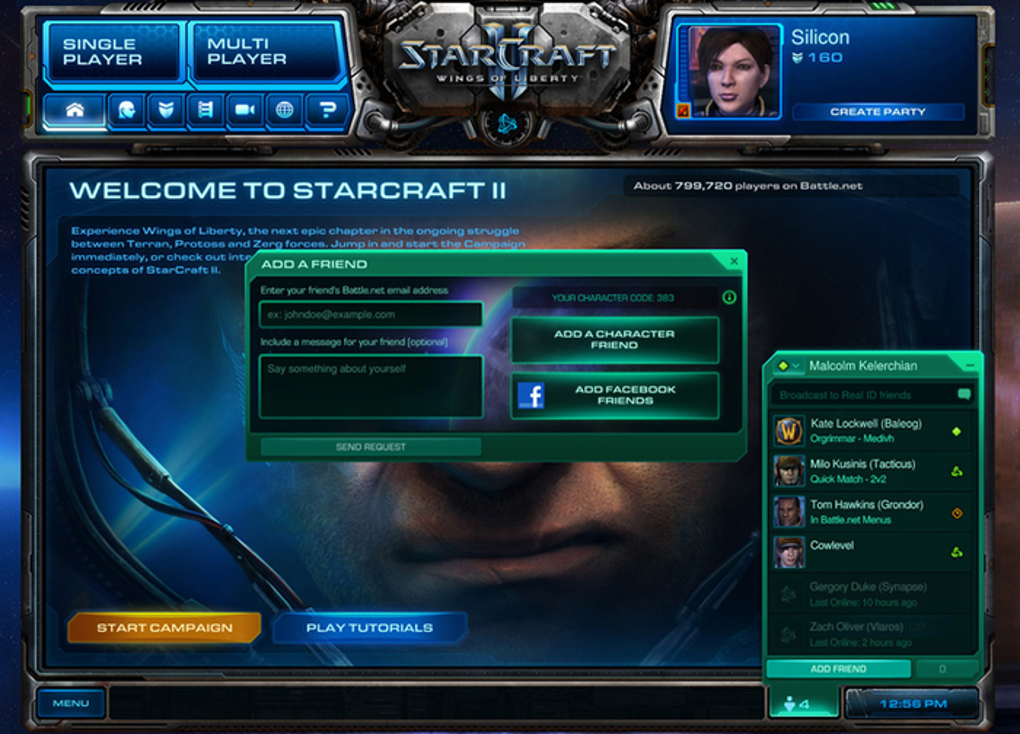

Our parameterization of the game has an average of approximately 10 to the 26 legal actions at every time-step.ĭue to these immense challenges, StarCraft has emerged as a “grand challenge” for AI research. On top of this, actions are hierarchical and can be modified and augmented.
#E x starcraft ii professional
To start, a player must choose to play one of three different alien “races” - Zerg, Protoss or Terran, all of which have distinctive characteristics and abilities (although professional players tend to specialise in one race). There are several different ways to play the game, but in esports the most common is a 1v1 tournament played over five games.

#E x starcraft ii full
In contrast, AlphaStar plays the full game of StarCraft II, using a deep neural network that is trained directly from raw game data by supervised learning and reinforcement learning. Even with these modifications, no system has come anywhere close to rivalling the skill of professional players. The best results were made possible by hand-crafting major elements of the system, imposing significant restrictions on the game rules, giving systems superhuman capabilities, or by playing on simplified maps. The matches took place under professional match conditions on a competitive ladder map and without any game restrictions.Īlthough there have been significant successes in video games such as Atari, Mario, Quake III Arena Capture the Flag, and Dota 2, until now, AI techniques have struggled to cope with the complexity of StarCraft.
#E x starcraft ii series
In a series of test matches held on 19 December, AlphaStar decisively beat Team Liquid’s Grzegorz " MaNa" Komincz, one of the world’s strongest professional StarCraft players, 5-0, following a successful benchmark match against his team-mate Dario “ TLO” Wünsch. Now, we introduce our StarCraft II program AlphaStar, the first Artificial Intelligence to defeat a top professional player. In recent years, StarCraft, considered to be one of the most challenging Real-Time Strategy (RTS) games and one of the longest-played esports of all time, has emerged by consensus as a “grand challenge” for AI research. As capabilities have increased, the research community has sought games with increasing complexity that capture different elements of intelligence required to solve scientific and real-world problems. Games have been used for decades as an important way to test and evaluate the performance of artificial intelligence systems.


 0 kommentar(er)
0 kommentar(er)
